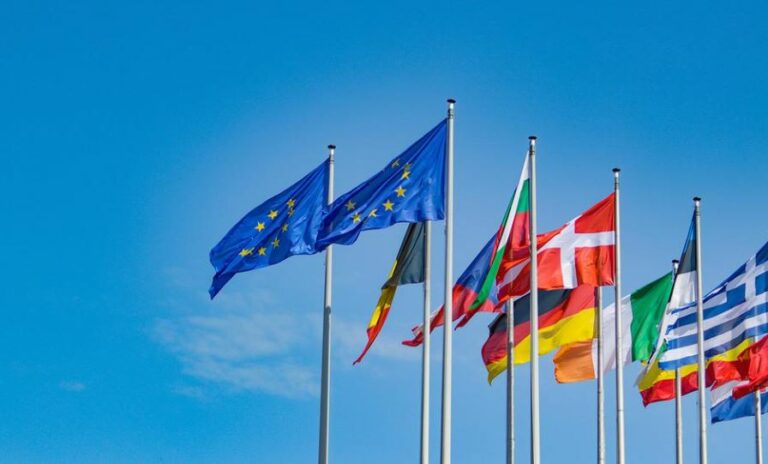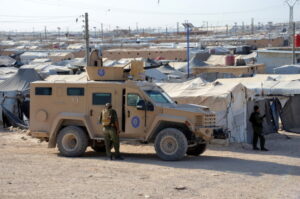When Russia invaded Ukraine on February 24, it didn’t take long for the international community to condemn the attack and react accordingly. Within a few days, Western powers imposed strict sanctions on Russia, hoping to cripple the country’s ailing economy and force Putin to retreat. More than four months and tens of thousands of casualties later, hopes of a quick resolution of the conflict have vanished, as a drawn-out war of attrition looks increasingly likely.
And while the sanctions against Russia have thus far failed to deplete Putin’s war chest, their impact is being felt around the world. The embargo of Russian fossil fuels has resulted in sky-high energy prices, while food prices have also surged as a result of the sanctions and Russia’s blockage of Ukrainian grain exports. As both Ukraine and Russia are among the world’s biggest exporters of wheat and other grains, the conflict is threatening food security across the globe, especially in poorer regions that rely on imports from both countries.
Meanwhile the impact of the energy embargo is being felt in the European Union, which relied heavily on imports of Russian oil and gas prior to the war. Germany’s Economy and Climate Minister Robert Habeck recently announced new plans to reduce gas consumption after repeatedly urging his compatriots to save energy wherever possible. Aside from politicians’ pleas to make sacrifices, EU citizens are feeling the immediate impact of the war in the form of rising prices.
Against this backdrop, a recent Eurobarometer survey commissioned by the European Parliament focuses on the war’s economic impact on Europeans and their willingness to accept a certain price for the defense of the EU’s core values, i.e. freedom and democracy. And while the survey finds broad support for prioritizing the defense of common values over things like price stability, EU-wide support dwindles when asked about rising food and energy prices in particular.
The survey finds that 58 and 59 percent of EU citizens aren’t ready to accept rising energy and food prices as a consequence of sanctions against Russia, but it needs to be noted that the results vary heavily across countries and socioeconomic groups. While respondents in high-income countries such as Denmark, Sweden and the Netherlands overwhelmingly support action against Russia regardless of rising prices, respondents from lower-income EU member states such as Greece and Bulgaria are less willing to pay a personal price. Across the EU, those respondents who often or at times encounter difficulties paying bills are less likely to say they are ready to face food and energy price increases, which is not surprising.
You will find more infographics at Statista
Ask me anything
Explore related questions






